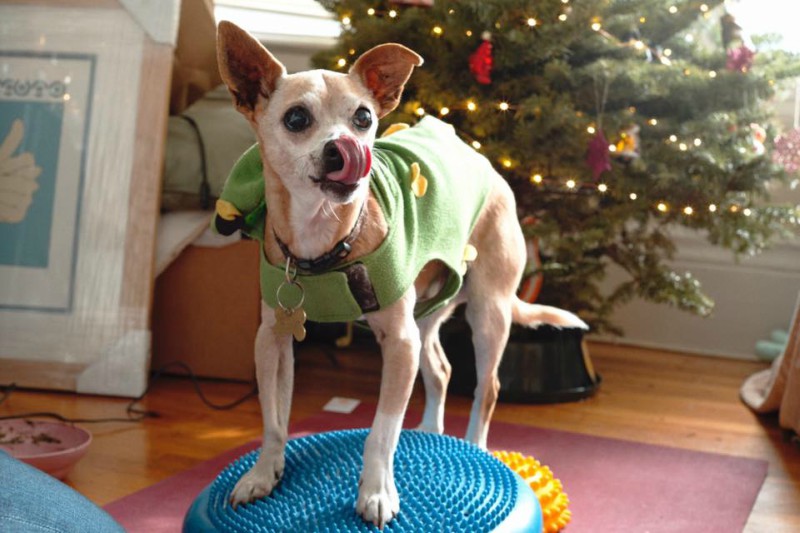Senior Pet Care & Pain Management
|
Following an initial consultation with Dr. Ilana, it may be determined that your pet will benefit from specialized care for older pets.
Benefits of Senior Pet CareOur pets are members of our family – cherished from their earliest days into their twilight years. And now, thanks to advancements in our understanding of nutrition and improved veterinary care, they are living longer, healthier and more active lives. Very often, the first signs we get that our pet is becoming a senior is the soft graying of fur around the muzzle or a slight reluctance to participate in previously favorite activities. And because this happens so gradually, the significance of these changes is easy to overlook.
Our goal with Senior Pet Care is to maintain not only the longevity of your pet’s life but also the quality of their life. We recommend more frequent examinations so that we can keep a very close watch on their overall health and on any specific issues they might be dealing with. We track changes in their metabolism, their activity levels, energy levels and appetite. We screen for gum disease, skin and coat abnormalities, and pro-actively look for the subtle changes that could indicate deeper problems. |
|
When is my pet considered a ‘senior’?
Your pet joins that select community of senior members at around seven years of age. It varies with breed but seven years is considered the threshold for senior status for cats and small breed dogs, and six years is considered the threshold for larger breed dogs, whose life spans are naturally shorter.
Why does my senior pet need extra attention?
Older pets often develop a wide range of age-related problems with their vital organs (liver, kidneys, heart), joints/bones and diabetes. Some may also struggle with mental clarity. Our goal is to ensure that these challenges are monitored and that your pet enjoys the absolute best quality of life for as long as possible.



